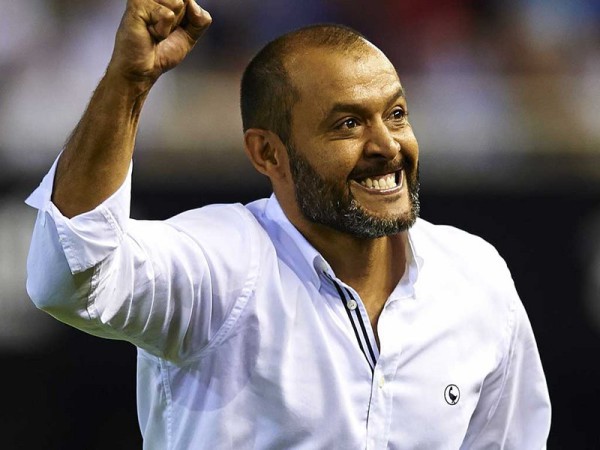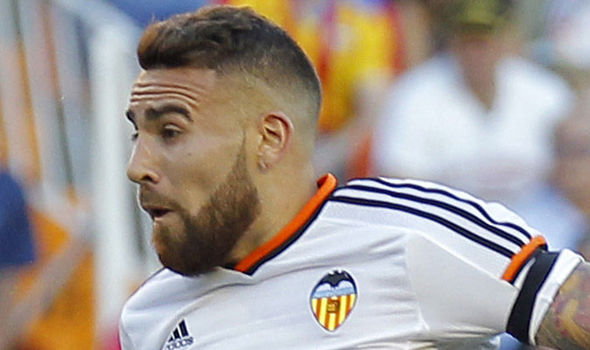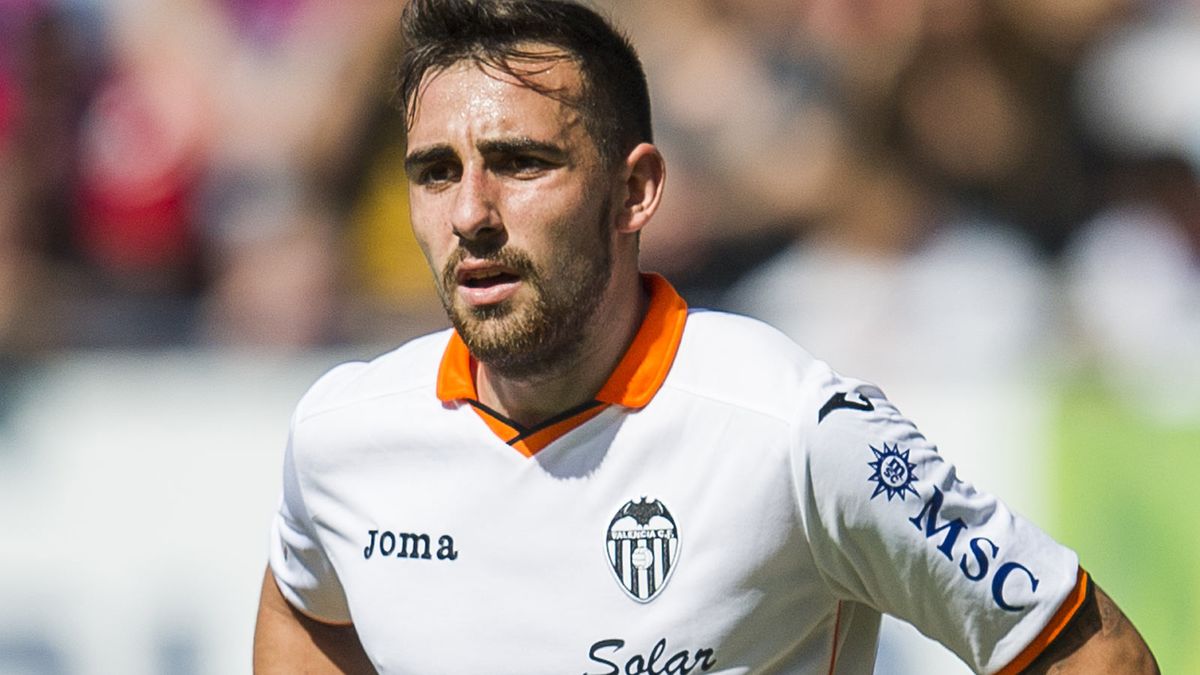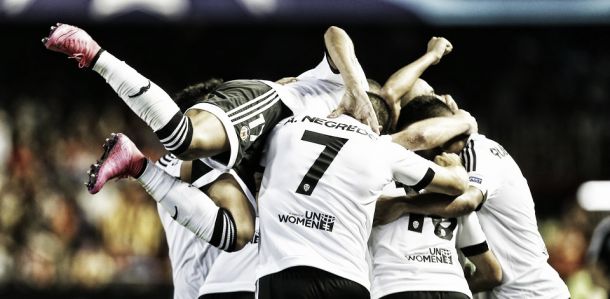Nuno is already somewhat of a cult hero in Valencia having taken the club back to where they belong as they finished fourth, behind Atletico Madrid, Real Madrid and Barcelona in last season’s La Liga and qualified Els Taronges back to the Champions League in the qualifying-round.
One thing that will certainly change is the amount of games they will be playing. In addition to the normal grind of the season, they will be adding at least six Champions League matches. It will be interesting to see if Valencia have the depth to compete at that level.
How are Valencia going to kick on without the stalwart defender? Will the club be able to improve on last year’s standing? How far can they go in the Champions League under Nuno? These are all questions that will start to unfold as the season progresses.
Last Season
Valencia, other than the first match against Sevilla, and they had a very doable to the season against some mid-table and lower-table clubs. They made the most of their advantageous start to their season by winning five of their first seven matches, while drawing the other two.
For every high though, a low usually follows and this happened to Valencia towards the end of the calendar year. In a stretch of games between the middle of November towards the end of December, Nuno’s side only won three out of those eight matches played before the league went on Christmas break.
Luckily though, that break seemed to revitalize the squad as they had one of the best second half’s of the entire league, bar Barcelona. In fact, Valencia lost just twice to end the campaign – on the road at Malaga and at home to the eventual champions.
Their Copa del Rey campaign ended in the round of 16 last season. In their first match, they played a wild two-legged affair against Rayo Vallecano in which they won 6-5 on aggregate. After gaining an early advantage thanks to Paco, Vallecano scored three unanswered goals giving them a huge advantage. Morcillo fired one into the back of his own net before Adri Embarba regained the two goal lead minutes later. However, that lead would last just ten minutes as Valencia would find a way back.
The next round, however, did not go according to plan as they lost 3-2 to Espanyol. In the first leg, Valencia came away with the 2-1 victory at home, however, they let in a vital away goal to the Barcelona club which would prove to be the downfall as Espanyol would win 2-0 at home to advance.
Manager
Nuno Espiríto Santo is heading into his second season with Valencia and after a very successful debut campaign, the expectations have been raised slightly higher this time around.
As a young coach,

Nuno did not really get any exposure as his first coaching gig was running Portuguese club, Rio Ave. The year before he became in charge, his club finished one spot above the relegation zone. Things changed dramatically when he arrived, however, as they ended his first campaign one spot below the Europa League – a remarkable turnaround.
His second campaign, unfortunately, did not get any better; in fact, it got worse and Rio Ave finished down in the 11th spot on the table. This will certainly be a bit worrisome for some of the Valencia supporters as they will surely want to know if this will happen to their side in his second year again, or they will wonder whether if he is actually the real deal.
Transfers
For the most part, Valencia’s transfer window had been a bit quiet. A few members of last season’s squad went back to their parent clubs, including Filipe Augosto, and Bruno Zuculini, while Salvador Ruiz joined former teammate, Robert Ibañéz, at Granada.
However, the biggest move of the summer came a couple of days ago when Nicolas Otamendi secured a move to Premier League giants, Manchester City for a good amount of money.
There were also three additions to the roster as

Australian goalkeeper, Mat Ryan joined Valencia and has already played a key role in the club’s target of reaching the group stages of the Champions League. A pair of promising 19-year-olds also committed their future to the coastal club as Santi Mina signed from Celta de Vigo and Zakaria Bakkali joined from the Eredivise champions, PSV.
Key player
There is a lot of good, young footballers in this squad with the likes of Mat Ryan, Jose Gaya, João Cancelo, Danilo Barbosa, Rodrigo De Paul, and Zakaria Bakkali.
However, perhaps the most important footballer on the Valencia roster is 21-year-old Spanish international, Paco Alcácer. He scored the most amount of goals in his career last season, 11, and that should give him the confidence to shoot for the 15 goal mark.
With his fantastic performances at the club level, he got called into the Spanish national team and scored his first goal in a European Qualifying match against Macedonia. He’s continued to score at the international level against the likes of Slovakia, Luxembourg, and Costa Rica.

If he can continue to score goals for Valencia, expect them to be just as high as they were last season.
First six
1. Rayo Vallecano vs. Valencia
2. Valencia vs. Deportivo La Coruna
3. Sporting Gijón vs. Valencia
4. Valencia vs. Real Betis
5. Espanyol vs. Valencia
6. Valencia vs. Granada
Other than an away trip to Monaco in between the first and second weeks of the season, Valencia get a very kind start to the schedule, just like last season. If they make the most of these less difficult fixtures, Nuno’s side will put themselves in a great spot early in the campaign.
The opening fixture against Rayo Vallecano should be a great match considering the side’s recent history, with the first leg in last year’s Copa Del Rey resulting in eight goals, 11 on aggregate. Overall, these two sides have met 24 times their history with Valencia having the upper hand in the series, winning 15 times, drawing four and losing five.
Derby Days
November 11th, 2015: Valencia CF vs. Levante UD
March 20th, 2016: Levante UD vs. Valencia CF
Aside from meetings against the big three, these matches will be the two biggest of the season and expect no love lost from either side no matter where each other sit in the standings at that point in time.
Stadium
Situated next to Avineda de Blasco Ibáñez, La Mestalla is where Valencia CF play their home matches, and first opened its doors for business on May 20th, 1923 when the two rivals christened the new pitch in a friendly. It has a capacity of 55,000 and was the home of the Spanish national team during the 1982 World Cup and the 1992 Summer Olympics (despite the Olympics actually taking place in Barcelona).
Predictions
Despite losing Nicolas Otamendi, the money they got from the deal should allow Valencia to bring in another couple of footballers to fill in the gap, whether this is in the next week or so, or during the January transfer window. Should they all gel together expect the side to finish just about where they were last campaign.
La Liga – 4th place
Copa Del Rey – Semi-finalists
Champions League – Round of 16










































